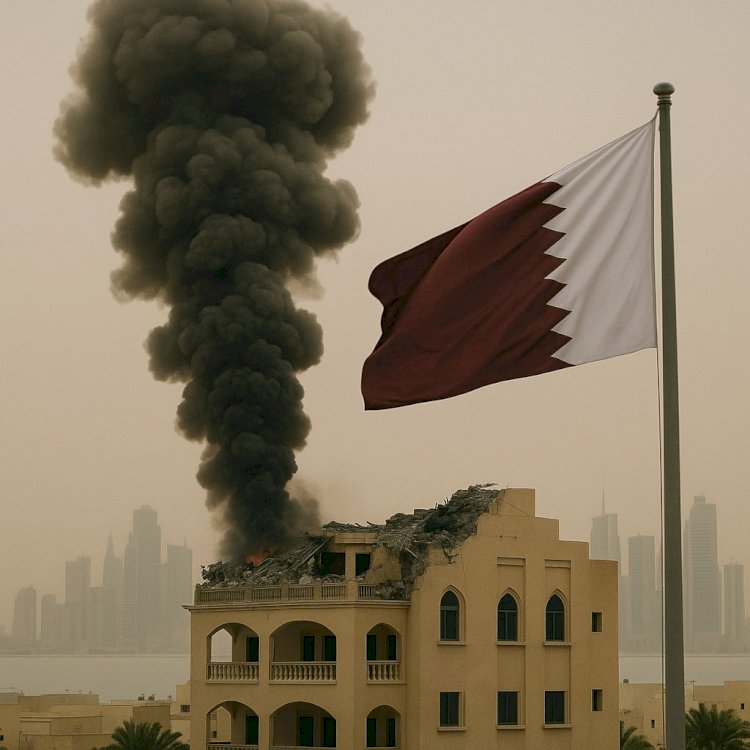Israeli Strike in Qatar Raises Fears of Gulf Instability

Doha, September 15, 2025 — An Israeli airstrike in the Qatari capital has sparked deep concern across the Middle East, with leaders warning that the attack could unravel fragile security arrangements in the Gulf.
Strike on Doha
The airstrike targeted a meeting of Hamas officials in Doha, where political leaders had gathered to discuss a potential ceasefire proposal. Israel said the operation was a legitimate counter-terrorism action, citing Hamas’s involvement in recent violence.
The strike killed several Hamas operatives, along with a Qatari security officer and members of the delegation’s protective detail. While key Hamas leaders escaped unharmed, Qatar denounced the attack as a breach of sovereignty and a violation of international law.
Regional reaction
The response across the Gulf was swift. Qatar’s prime minister called the attack a “direct threat to regional peace,” urging Gulf Cooperation Council (GCC) partners to adopt a united stance. Other Arab governments echoed the concern, warning that strikes on a GCC member set a dangerous precedent.
The episode has also shaken faith in U.S. security assurances. Qatar hosts one of the largest American military facilities in the region, yet the strike was carried out without interception or deterrence. Gulf officials are now questioning whether their long-standing defense arrangements remain reliable.
Security and diplomatic risks
Analysts warn that the strike has the potential to alter the Gulf’s balance of power in several ways:
-
Undermining trust in mediation: Qatar has long served as a mediator in conflicts involving Hamas, but its credibility may be weakened if it cannot ensure security within its borders.
-
Straining U.S. partnerships: The perception that Washington failed to prevent the incident could push Gulf states to seek alternative defense guarantees.
-
Threatening normalization: Arab-Israeli normalization efforts, already politically sensitive, may falter if Gulf publics perceive Israel as willing to disregard regional sovereignty.
The road ahead
With tensions mounting, Gulf leaders are expected to convene emergency consultations. Possible responses include coordinated diplomatic pressure, reassessments of security ties, and calls for international accountability.
Whether the incident leads to wider confrontation or becomes a turning point for regional diplomacy will depend on how quickly and decisively both Gulf capitals and international powers act.
In summary: Israel’s strike in Qatar has done more than eliminate Hamas operatives. It has rattled the Gulf’s security framework, unsettled alliances, and placed new strains on already fragile efforts to stabilize the region.

 content-team
content-team 


















